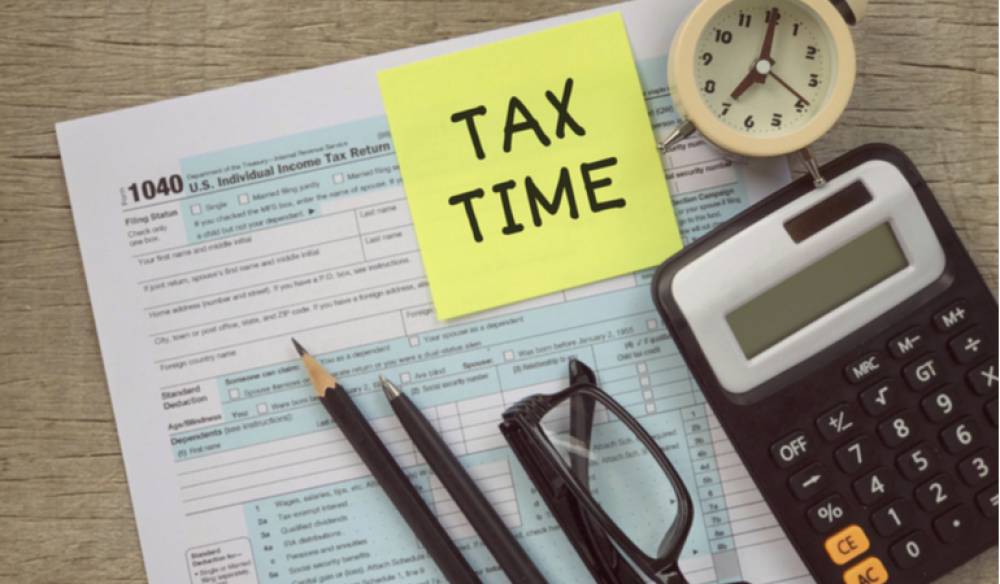Subscribe to get weekly insights
Always stay up to date with our newest articles sent direct to your inbox
Published on 21 May, 2020
Updated on 5 Mar, 2025
857 Views
4 min Read

Written by Care Health Insurance
0Like
Be the First to Like
To avoid issues with the Income Tax Department, taxpayers must report their tax liability accurately and on time. Taxpayers must file an income tax return, which declares their income and taxes due for a specific financial year. There are seven types of ITR forms (ITR-1 to ITR-7), through which taxpayers declare all sources of income. Filing an income tax return is mandatory for individuals with a gross annual income of Rs. 2.5 lakh or more. This limit is Rs. 3 lakh for senior citizens.
An income tax return is a form used to declare income, expenses, and other earnings to the Income Tax Department in a prescribed manner. It also serves as a request for a refund of any overpaid taxes. Filing an ITR simplifies the process of obtaining loans and credit cards, makes claiming a TDS refund easier, and can be a helpful document for scholarship or international visa applications.
If your total annual income is below the basic exemption limit, filing an ITR is not mandatory. The exemption limit varies depending on the chosen tax regime. According to the Income Tax Act, filing an ITR is mandatory for individuals whose:
Even if you have no tax liability, which is called a Nil ITR, you should still file an ITR.
Also Read: Detailed information on Types of ITR
To fill an income tax return, the first step is to obtain income tax return forms or Form 16 from the employer. Have your investment proofs with you. Now, decide whether you want to fill it offline or online. Offline ITR Filing
Individuals (including HUF members) with an income below Rs. 5 lakh who are not eligible for a refund, and super senior citizens, have the option to file their ITR offline during a financial year.
The government has made a taxpayer’s life easy with the introduction of the e-filing system. The Income Tax (I-T) Department enables taxpayers to conveniently file ITR through an online portal. This minimises paperwork and makes the process error-free. Visit the official portal of Income Tax department for ITR filing online mode, and fill in the required details. To validate your filings, upload the essential personal and income-related documents.
E-filing income tax returns is important for taxpayers for the following reasons:
Let’s check out the simple steps you need to follow for e-filing your tax return:
Under Part A, fill in basic personal information such as name, PAN number, Aadhaar number, address, and email ID.
Filing income tax can be done easily by adhering to the income tax return deadline. Paying taxes is a primary responsibility of every citizen.
To reduce your tax liabilities, invest wisely and utilize the available tax benefits. For example, Section 80D of the Income Tax Act allows you to claim a tax reduction on health insurance premium. If you don't have health insurance, now is a good time to get it. Care Health Insurance offers comprehensive coverage through various plans tailored to individual needs and budgets. Exploring their options can help you find the best fit.
Disclaimer: The above information is for reference purposes only. The tax exemptions are subject to the rules and regulations of the Income Tax Act of India 1961.
Be the First to Like
शुगर कंट्रोल कैसे करे? जानें, डायबिटीज में क्या खाना चाहिए Care Health Insurance in Health & Wellness
Thyroid : मामूली नहीं हैं महिलाओं में थायराइड होना, जानें इसके लक्षण और घरेलू उपचार Care Health Insurance in Diseases
हाई ब्लड प्रेशर को तुरंत कंट्रोल कैसे करें? देखें इसके उपाय Care Health Insurance in Diseases
प्लेटलेट्स की कमी के लक्षण, कारण और इलाज क्या है Care Health Insurance in Diseases
Which ITR Should I File? Types of ITR Forms for FY 2024-25 (AY 2025-26) Care Health Insurance in Tax & Investments
Income Tax Slab For Senior Citizens & Super Senior Citizens Mudit Handa in Tax & Investments
Section 10 Of Income Tax Act - Exemptions & How To Claim It? Care Health Insurance in Tax & Investments
How to Save Income Tax in India for FY-24-25? Care Health Insurance in Tax & Investments